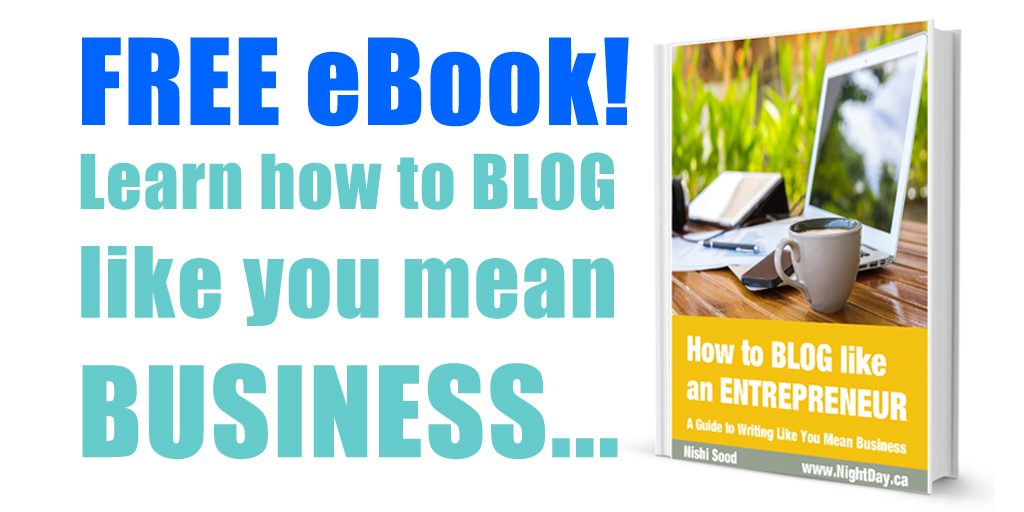How To Stay Safe On Facebook
It’s hard to imagine a world without Facebook. It’s changed the way we connect and interact with one another.
Facebook is an integral part of 2.2 billion active users’ lives.
But for all the good that it’s done, Facebook is often – and justifiably so – under fire for infringing on our privacy and sharing our personal data without our explicit permission.
This has left a lot of business owners and freelancers wondering if they should continue using Facebook.
Some major brands and public personalities have removed their pages and profiles from Facebook.
But for the business owner who has invested in building a platform on Facebook, this isn’t an easy option.
If you decide to stick with Facebook, it’s best to put some good habits in place, so that your data and privacy are protected – at least somewhat.
Here are just a few really easy ways to improve your safety and privacy while using Facebook…
1. Lie about your age
 Criminals only need a couple of vital pieces of your personal information in order to steal your identity.
Criminals only need a couple of vital pieces of your personal information in order to steal your identity.
One of these pieces is your birthdate.
It is very tempting – especially on Facebook – to share your birthday information.
After all, how will anyone know that it’s okay to send you happy birthday messages and memes if you don’t share your birthdate on your Facebook profile?
If you don’t want to miss out on you Facebook birthday wishes, the least you can do is not disclose the year you were born.
That’s right – it’s finally okay to lie about your age.
You can keep your year of birth a secret or just make one up to give identity thieves a false ray of hope.
2. Delete your apps
Have you ever played one of those personality tests or games on Facebook, where you answer a bunch of innocuous questions to find out something useless about yourself?
Sure, you have.
We all have.
Come on, just admit it.
“Find out what pizza you should eat based on your Zodiac sign!”
“Discover your super-rare personality disorder!”
“These are the puppies you should adopt during the next full moon!”
Yikes.
There are no less that 3 really insidious things going on when you participate in these questionnaires.
One – you’re wasting your life. Seriously. You have to question the scientific validity of a test than can determine what career path you should choose based on asking 8 questions or less, and one of those questions is “pick a spirit animal.”
Two – you’re giving up valuable information about yourself. You might not realize it, but these quizzes farm data about everything from your personality quirks, your political affiliations, and to your relationship status. Ask yourself – who is receiving this data about you, and what are they doing with it?
Three – by playing these games, you could be unintentionally agreeing to allow an app to have access to the information you share on Facebook, even after you’re done with the quiz or app. What’s more, there’s been some speculation that these apps that sit on your data also gather information from your Facebook friends as well.
That said, it’s best to delete all unnecessary apps from your profile.
You do this by…
- logging into Facebook
- going to your Settings (click the pull-down menu triangle on the upper right corner of your screen)
- go to Apps
- start deleting
You might be surprised at what you find there. That dating app you tried once, that game you played for a little while, that “year in review” video you watched… all left apps in their wake.
You don’t need them.
Get rid of them.
3. Manage your privacy settings
Also under Settings, you’ll notice your Privacy.
This is where you get to control who sees your posts and who is able to track you down via information you’ve shared in your Facebook profile.
Also important – you can be alerted when someone tries to tag you in a photo, and then you get to allow or disallow that tag.
Remember, when you’re tagged in someone else’s photo, all your Facebook friends will see it. So, it’s good to have this option both for personal and professional reasons, in case someone posts a photo of you that is less than flattering or unprofessional.
4. Don’t friend people you don’t know
You should never friend someone on Facebook if you don’t know who they are.
Sounds obvious, right?
Except, sometimes it’s not so obvious.
Sometimes, you might get a friend request from someone you recognize, or someone you thought you were already friends with on Facebook.
So, you might absent-mindedly accept their friend request, thinking that maybe they’re just creating a new Facebook account to purge their old friend list, or they want different accounts for business and personal use, etc.
Big mistake.
These duplicate accounts are often fake, and the creator intends to either discredit/slander the real account holder, or infiltrate their friends list.
Either way, if you get a friend invitation like this, and it seems fishy, always double check with the original account holder if they indeed sent you an invitation to connect.
5. Don’t trust people you DO know
We all know we shouldn’t trust strangers.
But, when it comes to Facebook, don’t trust your friends, either.
If you get a private message from a friend that includes a link with a vague or cryptic message, do not click on the link.
By cryptic, I mean something like…
“Is this you? Click here.”
“Have you seen what this person is saying about you? Click here.”
“I’m on vacation in Mexico and my wallet got stolen! Can I borrow a few dollars to get home? Click here to send me the money.”
Do. Not. Click.
Instead, get in touch with your friend outside of Facebook and let them know they’ve been hacked (or phished) and they need to change their password and alert Facebook.
6. Keep your relationship status private
When you meet someone new and begin a relationship, it’s tempting to want to share this information with the entire universe.
The thing is, openly sharing your relationship status on Facebook can also be an invitation for a crushed ex to stalk you and ultimately wreak havoc on your life.
I’m not just talking about your own ex, but all the exes your new romantic entanglement comes pre-packaged with.
Relationships are hard enough, so be weary of over-sharing in this department.
Proceed with caution.
7. Keep your location private
When you’re on vacation, enjoying the good life, it’s also tempting to overshare on Facebook.
Facebook even encourages you to location tag your posts so that everyone can see exactly where you are on the planet at any given time.
The truth is, nobody really NEEDS this information.
Unless, of course, they are planning on robbing your house now that they know it’s empty and unprotected.
You can always share your photos AFTER you return home, safe and sound.
At the very least, do NOT activate location tags while you are away from home for extended periods of time.
8. Protect your children’s privacy on Facebook
Above all, be very careful about your children’s privacy.
And, protect the privacy of other people’s children, as well.
Don’t post too many photos or details about them. This kind of information, in the wrong hands, could help a predator make themselves seem familiar and safe to an unsuspecting child, and no one wants that, need I say more.
Facebook has become an integral part of both our personal and professional lives. As with anything, this luxury comes with a dark side. It has become necessary to protect your data and personal well-being by following a few simple strategies. Don’t provide your real birthdate in your Facebook profile. Delete you apps and mind your privacy settings. Don’t accept friend invites from people you don’t know and don’t click on cryptic message and links from anyone, even people you do know. Keep your relationship status and location private. And always be very discrete about what you share about children.
If you’re ready to take your business blog to the next level, check out my FREE eBook, “How To Blog Like An Entrepreneur” here…
